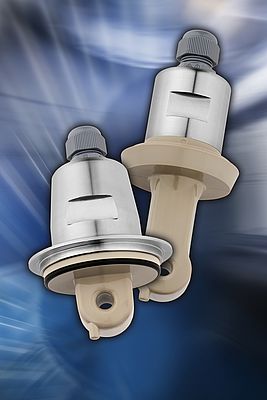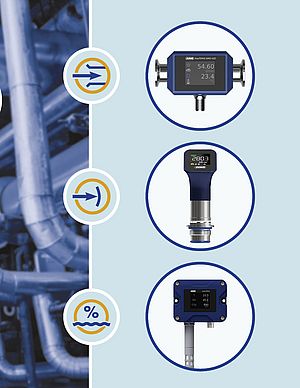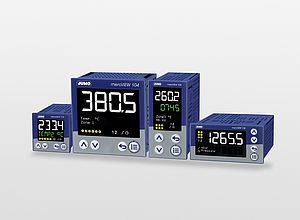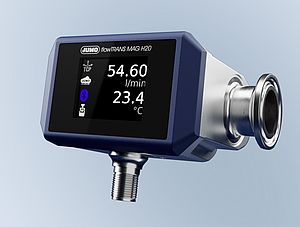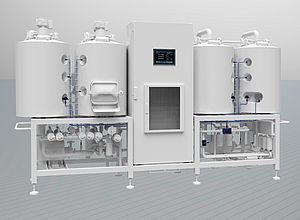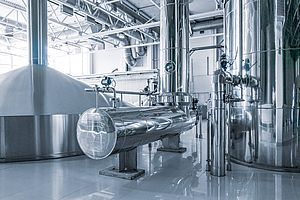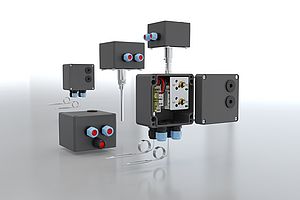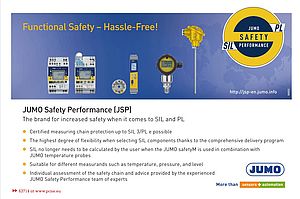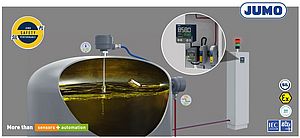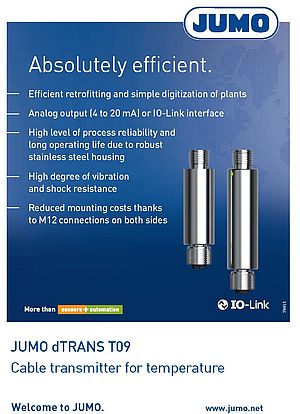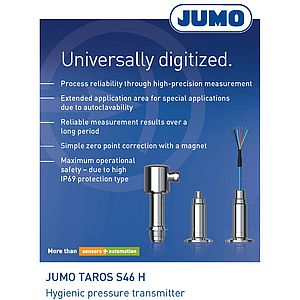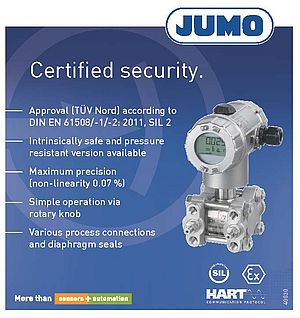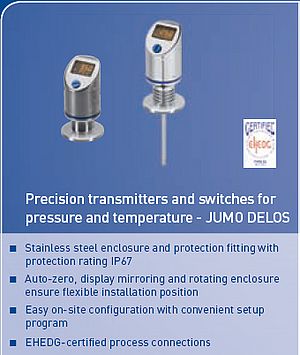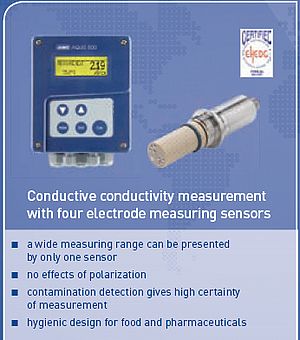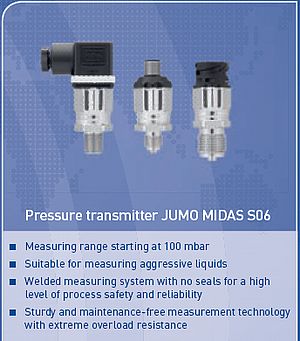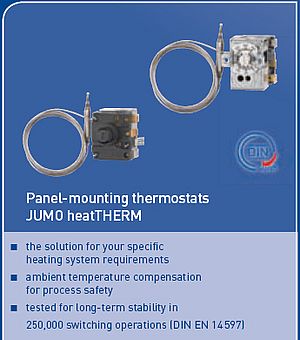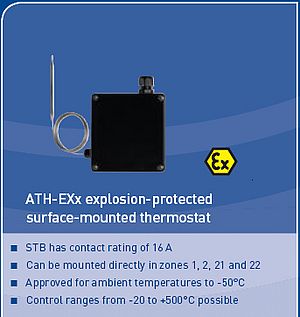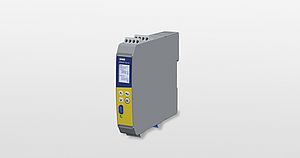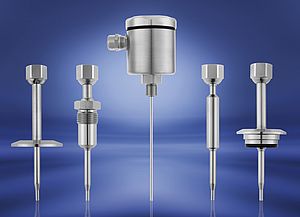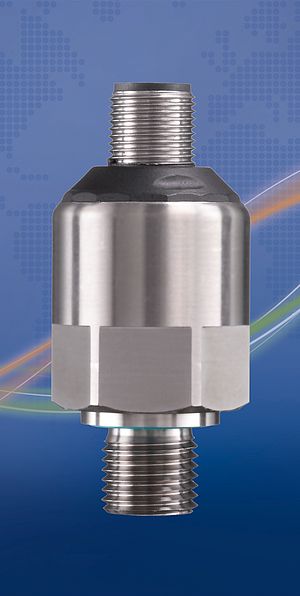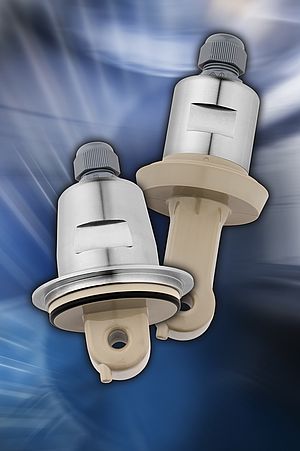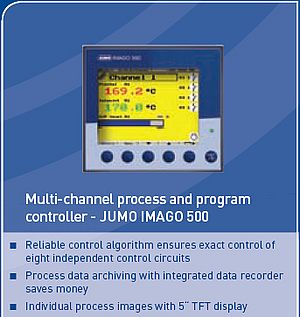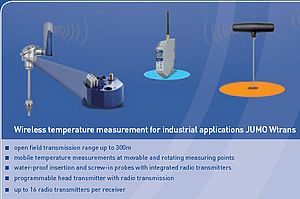The new conductivity sensor from JUMO, the tecLine Ci, is designed to conform to EHEDG guidelines, and meets the highest standards of hygiene. The conductivity sensor has an integrated, fast-responding Pt1000 temperature sensor, and is made from natural PEEK, a special polymer that is used in medical technology. It is available with the usual process connections such as DN40/50 milk cone, clamp, VARIVENT, SMS, etc.
Measuring instruments that work according to the inductive principle are used from approx. 100 µS/cm (measurement up to 2000 mS/cm), and are shown to advantage where the sample medium is heavily contaminated, or tends to adhere. Consequently, this method is traditionally found in the food and beverage industry, in bottling and CIP systems, and in crate or keg-cleaning systems. A conductive measuring instrument causes measurement errors if the product adheres, or it becomes coated with grease or oil. Instruments that use the inductive method, on the other hand, seem to be largely undisturbed by this. Thus, this measurement technology is referred to as "practically maintenance-free".
Whereas a CIP system is actually an "impure" section of the plant in a beverage factory, dairy or brewery, where there are no enhanced hygiene requirements, there are also measuring points with a high standard of hygiene, such as when measuring directly in the product. This requirement is met with the new type 202941 inductive conductivity and temperature sensor. The design conforms to EHEDG design guidelines.
These give design tips with regard to the hygiene demanded for the systems, pipework and measuring points of food, beverage and pharmaceutical technology. To achieve the maximum possible level of hygiene, cleanliness must be easy to guarantee. Keywords such as gap-free, surface quality and choice of materials are important here.
The results of the EHEDG cleanliness test confirm that its PEEK surface meets the requirements. According to EHEDG, the sensor can be cleaned better than the inside surface of the reference pipe.


